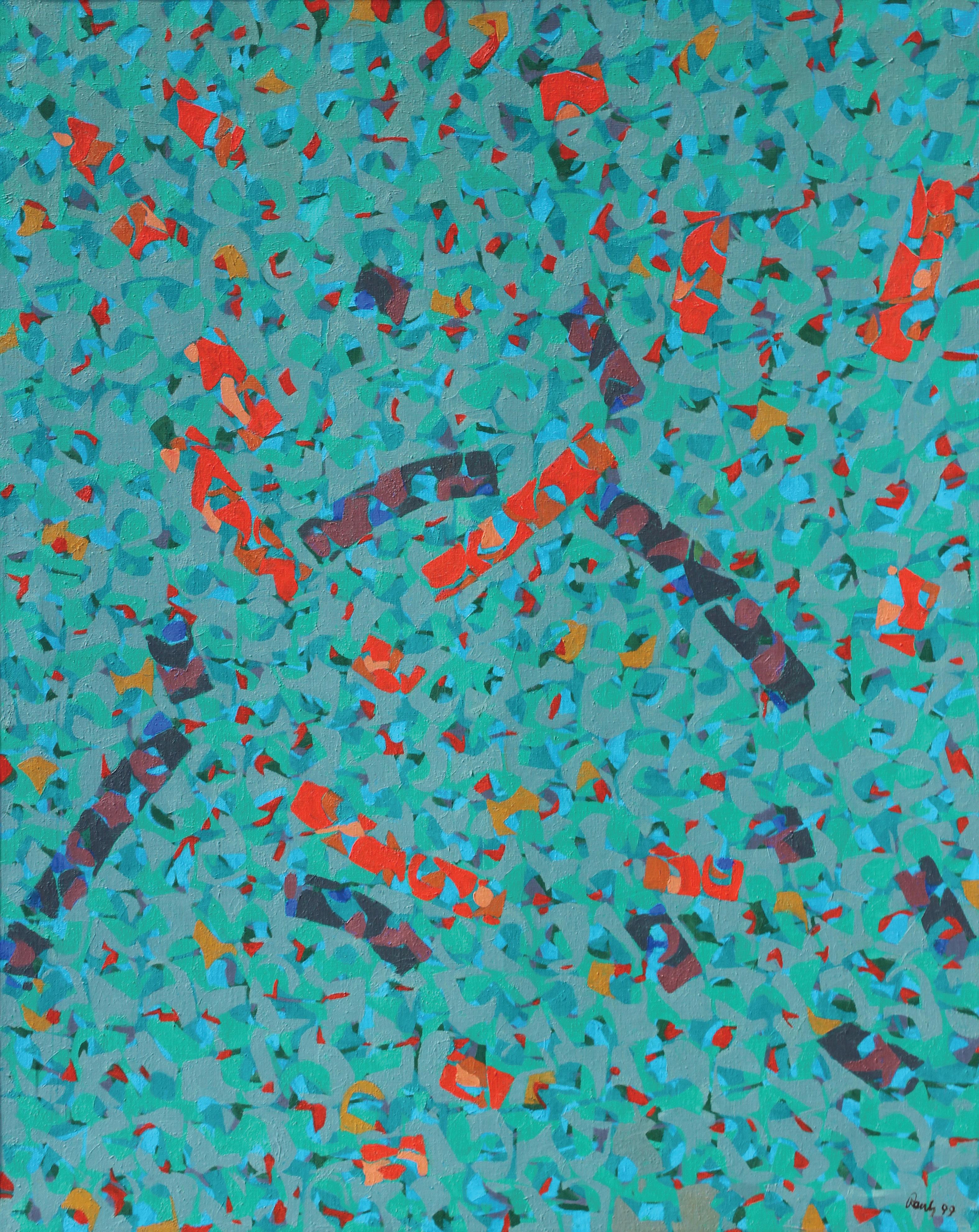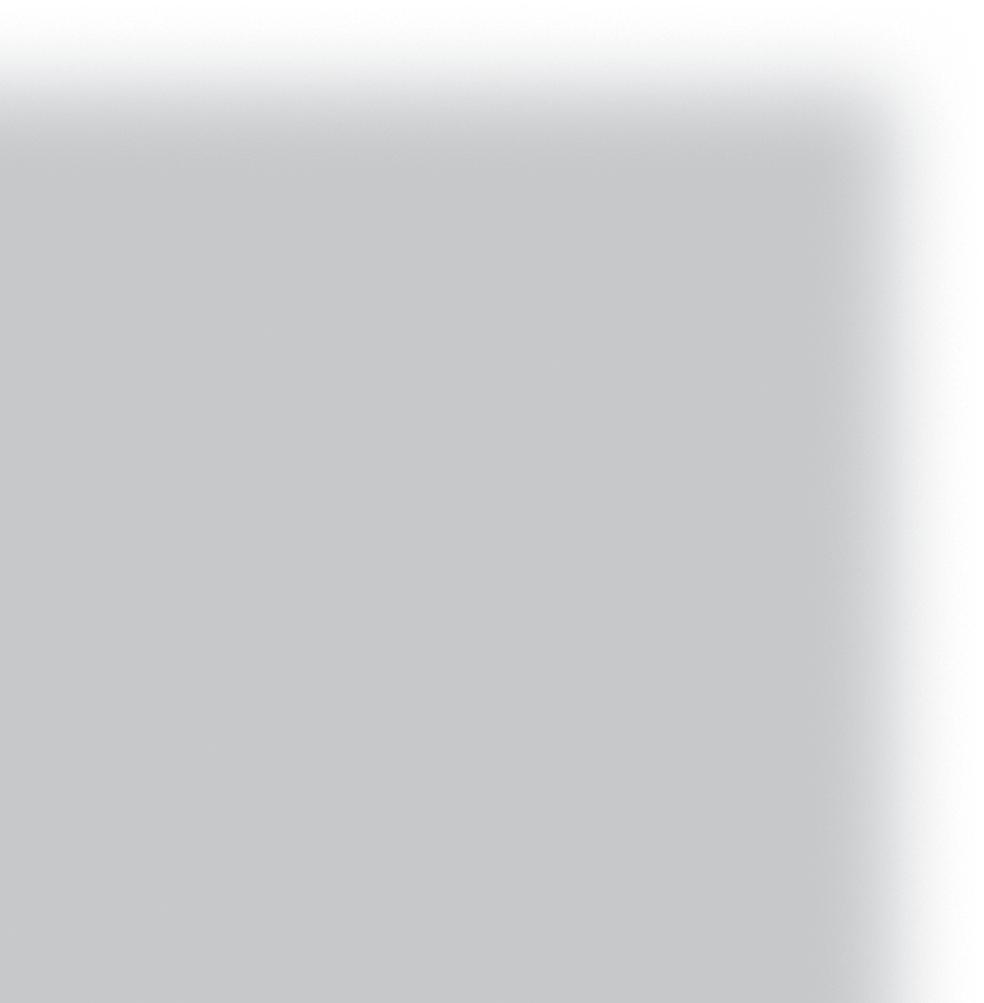FRITZ RAUH
AMERICAN ABSTRACT PAINTER





 Fritz Rauh (1920-2011)
Fritz Rauh (1920-2011)
Fritz Rauh was born in Wuppertal, Germany, in 1920. He enrolled in the Braunschweig Art School in 1938, although his studies were interrupted by WWII. Following the war, he completed his formal training in Braunschweig and met his future wife, Alix; they emigrated to the United States in 1954 and settled in Marin County, California.
Rauh had his first solo exhibition in 1956 at the De Young Museum in San Francisco. The exhibition was well received by critics applauding Rauh’s unique approach to canvas as a surface to be “opened” with color and shapes. Small amoeba-like shapes filled his canvases, closely packed on a contrasting and sometimes harmonizing ground in a way that foreground and background become interchangeable. The vibrating surface that resulted, heightened by areas of flat color defining the limits of the canvas, evokes the beauty of microorganic worlds.
Rauh’s critical and commercial success in the following decades led to his works being exhibited in museums and galleries worldwide, including SF MOMA, Oakland Art Museum, International Art Expo in Osaka, Japan and Gallerie Schreiner in Basel, Switzerland. Today, Findlay Galleries is proud to represent the artist’s estate exclusively.
“Among paintings, the most worthwhile show is by Fritz Rauh... whose canvases are a wonderfully personal synthesis of... calligraphy and op-color. Rauh’s raggedy scribbles, twists and turns add up to pointillistic abstract mazes, but mazes through which the eye is always made to follow [through] carefully controlled paths.”
– Thomas Albright, San Francisco Chronicle(cover) Untitled
acrylic on canvas
50 x 40 in.
FG© 140926
































 1990-013 | oil on canvas | 42 x 52 in. | FG© 140712
1990-013 | oil on canvas | 42 x 52 in. | FG© 140712




 1975-002 - Triptych
acrylic on canvas
96 x 108 in.
FG© 140705
1975-002 - Triptych
acrylic on canvas
96 x 108 in.
FG© 140705

















 1979-004 | acrylic on canvas | 41 1/2 x 51 1/2 in. | FG© 140707
1979-004 | acrylic on canvas | 41 1/2 x 51 1/2 in. | FG© 140707

















 1967-006 | acrylic on canvas | 73 x 55 1/2 in. | FG© 140699
1967-006 | acrylic on canvas | 73 x 55 1/2 in. | FG© 140699
















 1968-005 | acrylic on canvas | 38 1/8 x 46 1/8 in. | FG© 140700
1968-005 | acrylic on canvas | 38 1/8 x 46 1/8 in. | FG© 140700





 1970-012 | acrylic on canvas | 35 1/2 x 46 1/2 in. | FG© 140702
1970-012 | acrylic on canvas | 35 1/2 x 46 1/2 in. | FG© 140702
“Whatever their method, the effect of these works is magnificent. Rauh has mastered acrylic paint to produce an exceptionally rich spectrum. Some of his works abstract the presence of leaves and flowers shimmering wonderfully in warm garden light; others go deeper into the forest, still others invoke the sea. No literalism at any point, mind you, not even any impressionism: it all remains in the abstract framework but it admirably imitates nature as its method of working.”
Alfred Frankenstein, San Francisco Chronicle, 1968




 1994-001 | oil on canvas | 24 x 30 in. | FG© 140713
1994-001 | oil on canvas | 24 x 30 in. | FG© 140713






 1971-001 - Oedipus Rex acrylic on canvas
56 1/2 x 73 1/4 in.
FG© 140703
1971-001 - Oedipus Rex acrylic on canvas
56 1/2 x 73 1/4 in.
FG© 140703









 1980-011 | acrylic on canvas | 29 7/8 x 39 3/4 in. | FG© 140708
1980-011 | acrylic on canvas | 29 7/8 x 39 3/4 in. | FG© 140708





 1976-008 | acrylic on canvas | 57 3/4 x 46 in. | FG© 140706
1976-008 | acrylic on canvas | 57 3/4 x 46 in. | FG© 140706
